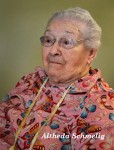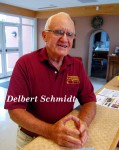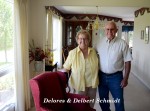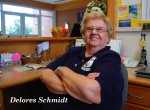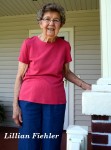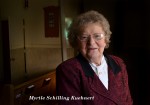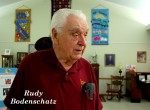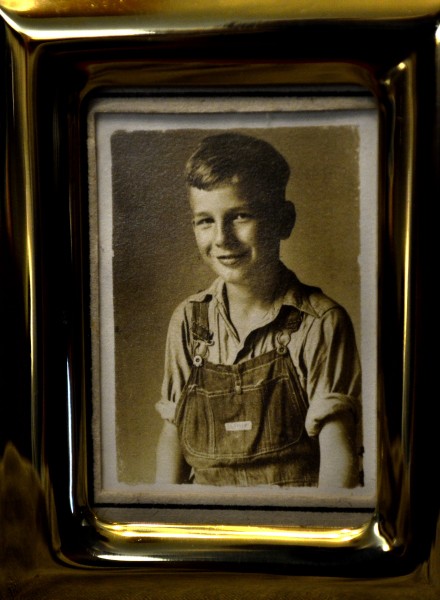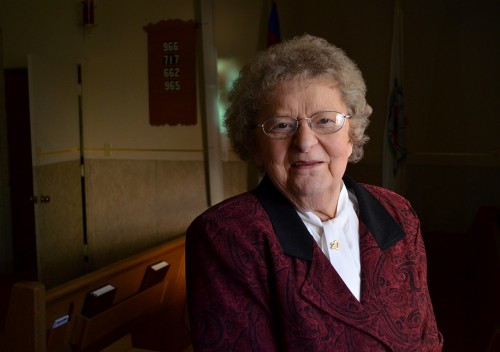 I’ve been working on The Last Generation off and on for about two years. It tells the story of the last generation of the original East Perry County pioneer families who spoke German as their primary language. I’ve had an opportunity to meet interesting men and women who grew up in an era before electricity; when little girls died of “winter fever” and telephones were just arriving.
I’ve been working on The Last Generation off and on for about two years. It tells the story of the last generation of the original East Perry County pioneer families who spoke German as their primary language. I’ve had an opportunity to meet interesting men and women who grew up in an era before electricity; when little girls died of “winter fever” and telephones were just arriving.
The challenge has been to edit the videos and recordings down to a workable length. I have more material than I can use, and I was planning on interviewing some more people when I go back to SE Missouri next week. It’s been a race against the clock. Several of my subjects have died since the project started. Here are three of my friends.
Myrtle Schilling Kuehnert
Myrtle Schilling Kuehnert, above, met her future husband at Altenburg’s Trinity Lutheran Church when she was 13. She said he would have to ask her father for permission to ask her out after an evening church service. Her father told him she had to be back home by midnight because she had to help him milk cows at 4:30 a..m. She said they went uptown to a tavern where they played the jukebox and each drank a beer.
“AT 13!?!?” I exclaimed.
“Well, there weren’t any restrictions at that time.”
She wrote “Ernie” close to a thousand letters while he was serving as a turret gunner in the Pacific during World War II. She has all his letters, but he had to, “with a heavy heart,” throw her letters overboard when the ship had be be lightened during a storm.
Edgar Dreyer walked 4 miles to school
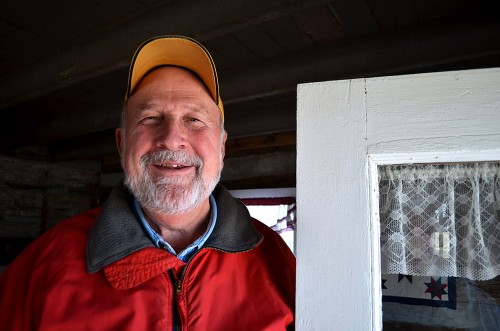 “Uphill each way. In the snow,” he said.
“Uphill each way. In the snow,” he said.
Edgar Dryer is a great and funny storyteller, but he grows solemn when he talks about his sister, Irene, who died when she was 13 years old, on his 4th birthday. He still remembers her coffin being brought into the living room or “die gute Stube,” and the strain it placed on his family. “She died of ‘winter fever.’ It’s pneumonia these days.”
He went to school until the tenth grade, then his father said, “Son, now you have to go to work.”
Electricity was a big thing
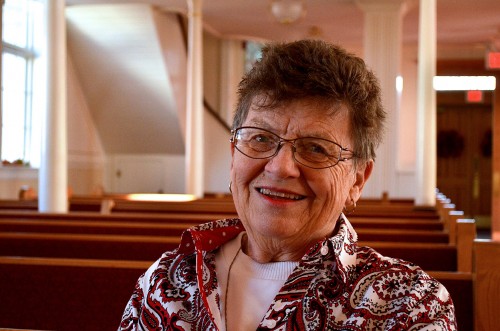 Dorothy Weinhold – and several of the other subjects – said that electricity was the biggest change they remember in their lifetimes. Her mother actually bought an electric iron before the house was wired for power because she was tired of firing up the wood stove to heat the old flatiron.
Dorothy Weinhold – and several of the other subjects – said that electricity was the biggest change they remember in their lifetimes. Her mother actually bought an electric iron before the house was wired for power because she was tired of firing up the wood stove to heat the old flatiron.
After she said their bathroom was outdoors, I asked, “Sears and Roebuck catalog or corncobs?”
She laughed and said, “I remember the Sears and Roebuck catalog.” Pausing, she added, “but I’ve heard about the corncobs.”
Presentation and exhibit in the fall
I’ll show the videos and exhibit prints from the project at the Perry County Lutheran Historical Society’s Third Biennial Immigration History Conference in Altenburg October 23-25.
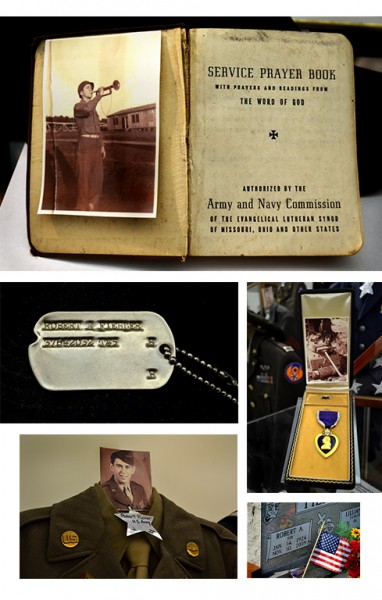 I decided to completely revise my Last Generation presentation for the Immigration Conference at the Altenburg Lutheran Heritage Center and Museum at the last minute, and PowerPoint isn’t playing nicely, so this may be a long night / morning.
I decided to completely revise my Last Generation presentation for the Immigration Conference at the Altenburg Lutheran Heritage Center and Museum at the last minute, and PowerPoint isn’t playing nicely, so this may be a long night / morning.
